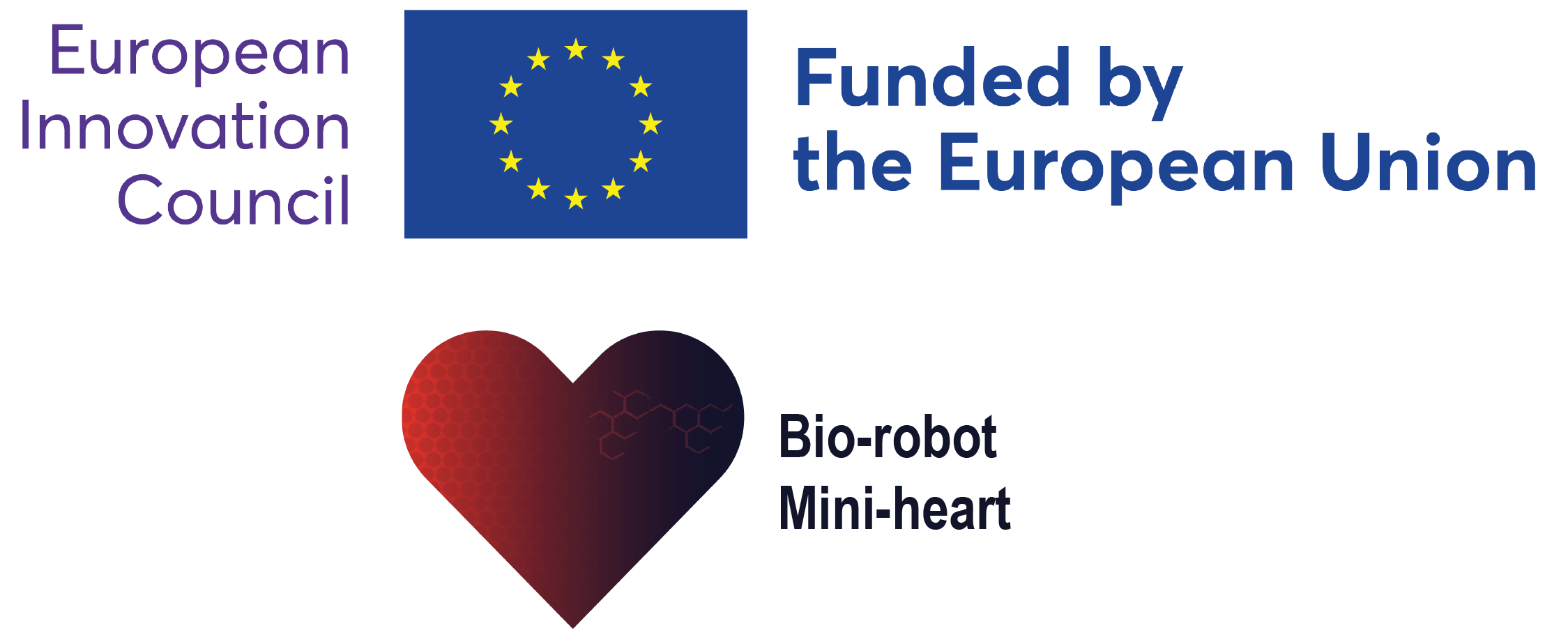River BioMedics
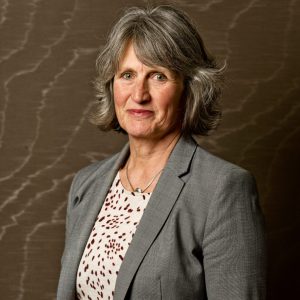
Nicky has a
background in biology and a PhD in pharmacology from the University of
Greenwich, and more than 30-years’ experience in drug discovery. She has served
in a range of lead drug discovery positions, including head of discovery at
Sosei Group and Acacia Pharma, CSO at Peptinnovate and VP Drug Discovery
Alliances at C4X Discovery. Nicky’s experience and knowhow in drug discovery is
key for River BioMedics’ drug discovery strategy and execution.
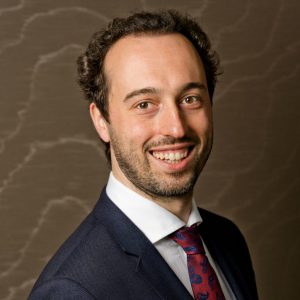
Marcelo holds a Bachelor’s degree in Biochemistry from Lisbon University, Portugal. In 2008 he moved to the Netherlands, where he completed his Masters in Drug Innovation at Utrecht University. He performed his PhD research at the department of Anatomy and Embryology of the Leiden University Medical Center on hiPSC derived cardiomyocyte maturation and disease modelling, and thereafter held a Postdoc position at the department of Applied Stem Cell Technologies at the University of Twente. Marcelo performed his scientific research with an entrepreneurial spirit and the ultimate goal of societal valorization.
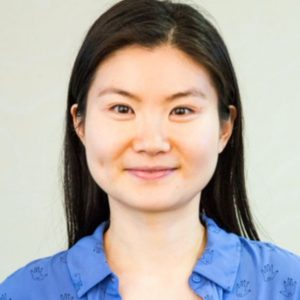
Jiayi obtained a Master’s degree in Molecular Life Science from Wageningen University. During her PhD training at the University Medical Center Utrecht, she focused on acquired and inherited heart diseases and identified several pathomechanisms underlying those diseases. She then took a post-doc position at Netherland Heart Insitute and investigated potential druggable candidates for developing new therapeutic strategies for heart failure patients. Now, Jiayi aims to discover promising (novel) drugs for patients.
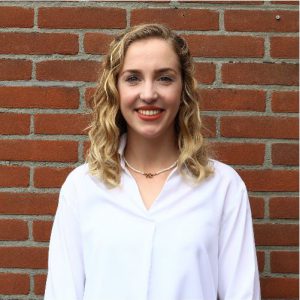
Chloë holds a bachelor’s degree in Biology from the Radboud University Nijmegen, specialized in medical and molecular biology. She holds a master’s degree in Molecular Mechanisms of Disease from the Radboud University Nijmegen, focused on studying underlying processes of disease and translating them into treatments for patients. During her internship and employment at the University of Twente in the group of prof. Passier, she worked on maturation of hiPSC-derived cardiomyocytes in a heart-on-chip model. Chloë aims to translate research on heart disease models to effective treatment for patients.
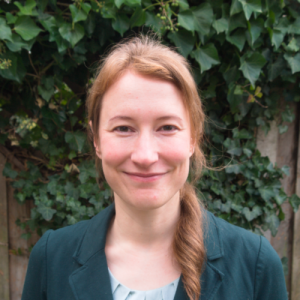
Anke has a Master’s degree in Biophysics from the Humboldt University of Berlin and completed her PhD in the BIOS Lab on a chip group at the University of Twente. During her PhD and postdoc she focused on the parallelization and automation of microfluidic cell culture. As part of her work, she contributed to the development of the Translational Organ-on-Chip Platform which uses standardized interfacing of (bio)microfluidic modules to create a ‘plug and play’ system. Anke aims to use microfluidic technology to streamline and optimize the creation and maintenance of heart tissues for disease modeling.
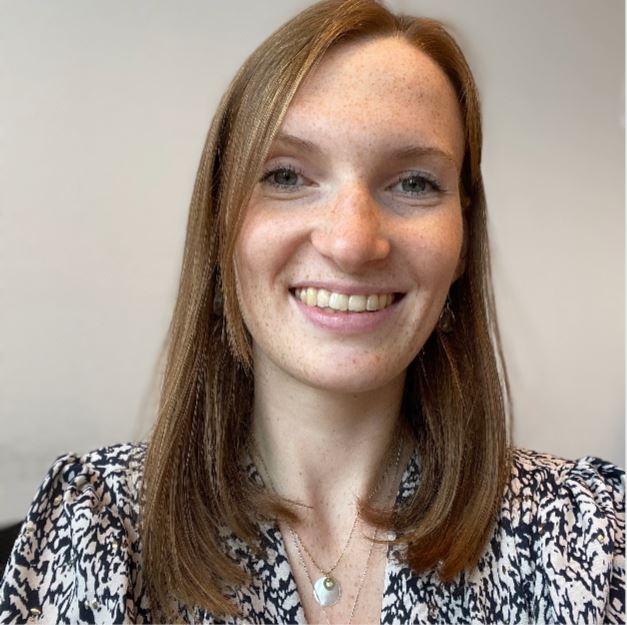
Amélie obtained a bachelor’s degree in digital sciences and biology from the JUNIA ISEN Lille engineering school. She holds a master’s degree in Bionanotechnologies from the same school. During her Master’s internships, she worked at the University of Twente in the BIOS lab-on-a-chip Group and focused on a tool to potentially determine the integrity of the DNA of boar spermatozoa, and their viability, using microfluidics impedance cytometry. She also completed an end-of-studies internship including the manufacture and optimisation of a multiplexed ELISA test to determine the immune potential of dairy cattle. Amélie aims to use microfluidic technology to create and optimise devices to combine heart tissue in 3D with High Throughput Screening.

Daphne holds a bachelor’s degree in Biomedical Laboratory Research from Saxion Enschede. Afterwards, she moved to Nijmegen to obtain her master’s degree in Biomedical Sciences from the Radboud University. Through several internships, she has gained a special interest and knowledge in using microfluidic technology for (disease) modelling and drug evaluation. In Nijmegen, she worked on the vascularization of a tumor-on-a-chip model for enhanced evaluation of an anti-cancer adenoviral-mediated IgA therapy. Now, Daphne aims to use improved heart disease models for better drug discovery and development.
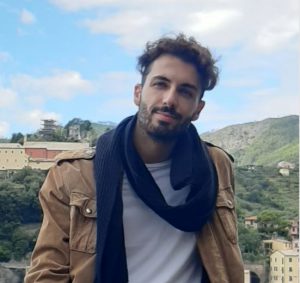
Manuel holds a Bachelor’s degree in Biomedical Engineering from the University of Pisa, with an industrial specialisation. He subsequently obtained a Master’s degree in Biomedical Engineering from the Politecnico di Milano, specialising in cells, tissues, and biotechnology engineering. During his Master’s internship, he worked on a 3D culture model for spinal cord regeneration, focusing on the analysis of a material based on Self-Assembling Peptides. Through this, he acquired knowledge and skills on neural regeneration, 3D cultures techniques and 3D bioprintig. Now, Manuel aims to reproduce cardiac models and tissues to use them as devices for the study of new drugs and therapies.
